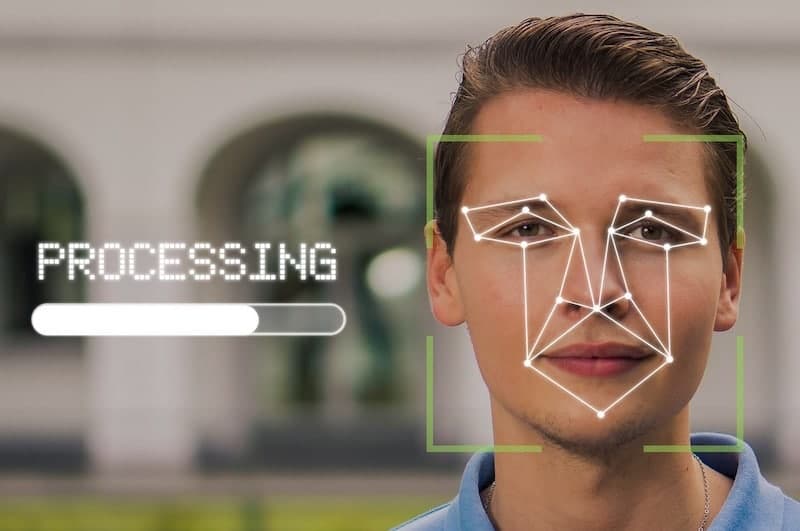The Facebook group changed its name to Meta on Thursday 28 October. This was announced by Mark Zuckerberg on Facebook Connect.
E our suspicion was that, given what happened recently, we were not only facing a (albeit epochal) rebranding. The very strong controversies of the last few weeks, from the statements of Frances Haugen to the fearful Facebook Papers, should also have led to some substantial change of course by the Menlo Park group.
Of course, focusing so decisively on the metaverse is already a clear sign of a changed interest. But, we asked ourselves at the end of a recent article, what would become of Facebook? That is, the main social platform, with its nearly three billion subscribers? The one that, stoically, will keep (she alone) the name that has now entered the collective imagination?
How will top management be able to solve all the problems that haunt Facebook, and that have emerged precisely with the latest scandals? Problems, that is, concerning the privacy of users and the management (as well as filtering) of information.
An answer, at least partial, has arrived in the past few hours: Facebook will give up on facial recognition. Let’s see what is known about this recent news so far.

Facebook suspends facial recognition
In an official note dated November 2 signed by the vice president of Artificial Intelligence Jerome Pesenti, Meta announces that the social Facebook will do without facial recognition.
The change, as stated at the beginning of the communication, will take place “in the coming weeks”. The first words of the note already say it all: “We are shutting down the facial recognition system on Facebook. People who have signed up will no longer be automatically recognized in photos and videos and we will delete more than a billion individual facial recognition templates. “
Meta’s desire to restore credibility to Facebook emerges from the tone of the following lines. “This shift will represent one of the biggest changes in the use of facial recognition in the history of technology. More than a third of Facebook’s daily active users have joined our facial recognition setting and are able to be recognized. Its removal will result in the elimination of over a billion individual facial recognition models. “
The company then remembers the cases in which the tool is very useful, such as helping the blind or visually impaired to understand when some of their friends are in an image. Or to prevent fraud.
Problems related to facial recognition
But Meta admits that “the many specific cases where facial recognition can be useful need to be weighed against the growing concerns about the use of this technology as a whole. There are many concerns about the role of facial recognition technology in society and regulators have yet to provide a clear set of rules governing their use. In this continuing uncertainty, we believe it is appropriate to limit its use. “

What will happen
The press release therefore reiterates that with the cessation of the use of facial recognition “enabled services will be removed in the coming weeks, as will the setting that allows people to join the system.
Our technology will no longer automatically recognize if people’s faces appear in memories, photos or videos. People will no longer be able to enable facial recognition for suggested tags or see a suggested tag with their name in photos and videos they may appear in. “
However, Meta does not intend to abandon the tool. “Each new technology carries potential for both benefit and concern and we want to find the right balance. In the case of facial recognition, its long-term role in society needs to be discussed openly and among those most affected. We will continue to engage in that conversation and work with civil society groups and regulators who are conducting this discussion. “
So goodbye to an archive with the biometric data of about a billion users, equal to more or less a third of the users of the platform.
Facial recognition on Facebook
Facebook introduced facial recognition in December 2010, to shorten the time it takes to tag people in photos.
But the tool continues to be accompanied by strong controversy. In recent weeks, for example, the news of a not always transparent use of Cleraview Ai, from which it must be said that the Facebook group (when it was still called that) has unmarked itself.
However Facebook itself was convicted by the Illinois court to compensate $ 650 million for the biometric data breach of 1.5 million users.
This move by the newborn Meta therefore seems important distance from certain ambiguous attitudes of the recent past, which cast shadows on the reputation of the then Facebook.















Leave a Reply
View Comments